Amazonas, Amazonas (1966)
Gênero : Documentário
Runtime : 15M
Director : Glauber Rocha
Sinopse
"O filme sobre o Amazonas é meu primeiro ensaio em cores. Cheguei no Amazonas com uma idéia preconcebida e descobri que não existia a Amazônia lendária e mágica, a Amazônia dos crocodilos, dos tigres, dos índios etc.." (GR/RCN, p. 79) "(...) as belezas e riquezas naturais da região amazônica. Podemos considerar tipicamente glauberianos: o arrebatamento lírico das tomadas, e a insistência bem característica sobre as preocupações nacionalistas e progressistas do diretor, com a presença muito concreta da imagem das pessoas no trabalho, nas sequências urbanas, e do produto, da mercadoria." (SP/GR) (Cinemateca Brasileira)
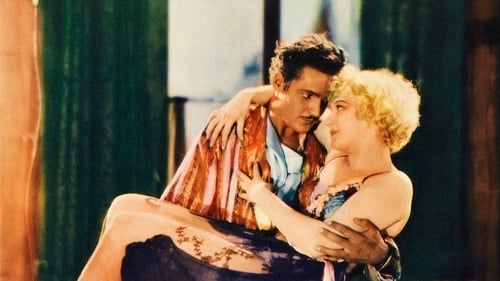
An Arab prince born and raised in the desert and a beautiful Frenchwoman from Paris fall in love and marry, but the tremendous differences in their backgrounds and the cultural differences between their two different societies put strains on their marriage that may well prove irreparable.

Jack, a southern spy during the Civil War, must try to capture a shipment of gold. His task is complicated by the two sisters, Native Americans, and a firing squad.

Slavoj Zizek, born in 1949 in Ljubljana, psychoanalyst and professor of philosophy, started early on a group of theoreticians who sharpened their thinking of the theses of Jacques Lacan. The Slovenian Lacan School was a spiritual resistance nest in orthodox ex-Yugoslavia, and Slavoj Zizek emerged as a globally operating philosopher-entertainer.

A group of men and women have been brought together after World War II, when Italy regained its national and territorial unity. They make up a primitive community which seeks to erase not only the distress created by the war but also the hardships of life, and look to protect themselves from violence, misery and fear. Amid the ruins of this post-war period, these men and women build a new rapport between themselves, between sexes, between generations, between social and geographical origins, between political camps.

Spectrum and prism divide the screen; whites and light, etc. "Out of this purity comes all colors. I've always been attracted to refracted light and prismatic phenomena" says Bernard. For Richard Devereaux. Super 8, silent, non-narrative.

A visceral documentary focusing on the Slovenian collective art movement known as NSK ('Neue Slowenische Kunst') and its varied branches: 'Laibach', 'Irwin', and 'Red Pilot'.

The unfair distribution of land in Cuba encourages the support of the peasants to the revolution.

In 1794, French revolutionary Maximilien Robespierre produced the world's first defense of "state terror" - claiming that the road to virtue lay through political violence. This film combines drama, archive and documentary interviews to examine Robespierre's year in charge of the Committee Of Public Safety - the powerful state machine at the heart of Revolutionary France. Contesting Robespierre's legacy is Slavoj Zizek, who argues that terror in the cause of virtue is justifiable, and Simon Schama, who believes the road from Robespierre ran straight to the gulag and the 20th-century concentration camp. The drama, based on original sources, follows the life-and-death politics of the Committee during "Year Two" of the new Republic.

Jean-Marie Straub pushes this musicality of blocks to a paroxysmal extreme, mixing blocks of time (40 years separate the various extracts that are going to be used, and what is to be filmed), blocks of text (Malraux, Fortini, Vittorini, Hölderlin) and blocks of language (French, Italian, German), and from this ruckus emerges the history of the world, yes, History with a capital H, and from the same movement, the political hope of its being overtaken. So this is an adventure film, about the Human adventure, still one that is always, in the end, overtaken by Nature. (Arnaud Dommerc)

Sexy girl seduces all the members of her family. She indirectly causes the failure of his father's marriage, for her stepmother falls in love with her. Then, she has affairs with her father's stepson, and with the farm housekeeper. She and some friends are also raped by some bad guys. But they all celebrate the ruin of traditional family values.

Posse de José Sarney, governador do Estado do Maranhão. Ao discurso do político eleito, opõem-se as imagens das mazelas sociais e demais problemas crônicos do Estado nordestino: famintos desassistidos, casas miseráveis e doentes desamparados. (Cinemateca Brasileira)

In the yard of an Iranian village school stands in the shade of a tree a large stoneware jar from which all the pupils drink fresh water. On an unfortunate day, the jar starts leaking. The schoolmaster tries hard to get a new one but in vain. The only solution is to have it fixed...

Ustanička ulica is a Serbian political thriller. Dušan Ilić (Gordan Kičić), employed at the Serbian state prosecutor's office, gets a top secret case to investigate a war crime committed by a disbanded paramilitary unit. He manages to find Mićun (Uliks Fehmiu) who's the only surviving witness.

Luíza (Tainá Medina) é uma garota de 16 anos que vive com a mãe (Mariana Lima). Um dia seu primo João (Junior Moura) é baleado em Queimados, cidade da Baixada Fluminense, e desaparece. Todos acham que João foi morto, menos Luíza, que recebeu uma visita dele logo após o ocorrido. A mãe de Luíza resolve ficar em Queimados com a irmã (Maria Gladys), deixando a garota sozinha no apartamento do Rio de Janeiro. João visita a prima e fica no local para se recuperar, sendo cuidado por Luíza e seus amigos.
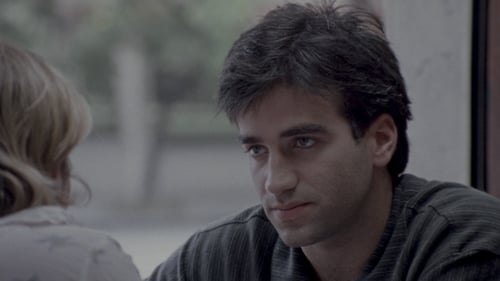
Ariel (Daniel Hendler) é um jovem judeu dividido entre sua devoção aos tradicionais laços de família e o desejo de algo diferente, e Santamaria (Enrique Piñeyro), um funcionário demitido do banco onde trabalhava e abandonado pela mulher.

Jonathas vive com os pais em uma zona rural da Amazônia e vende produtos locais perto da estrada. Certo dia, ele conhece Milly, uma jovem ucraniana e o nativo Kedassere. Jonathas passa o fim de semana com o grupo na selva, onde inicia uma jornada transformadora.
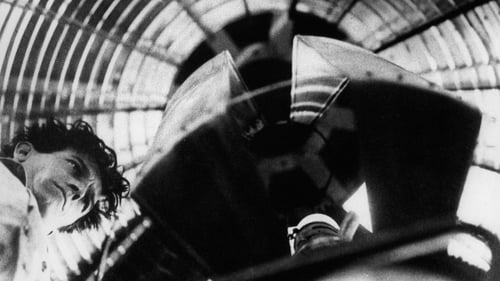
In a lighthouse off the coast of Brittany, a young man slowly goes mad following a bite by a rabid dog while his father looks on helplessly. Thwarted by a raging sea, they are prisoners of the lighthouse. In a rustic Brittany village, a young bride waits, unaware of the tragedy.
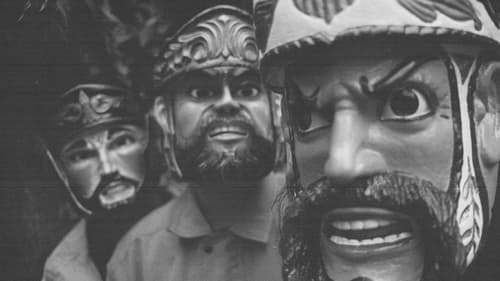
Ferding, Santos and Willy only drink in despair. One day, a Canadian woman’s visit changes everything.
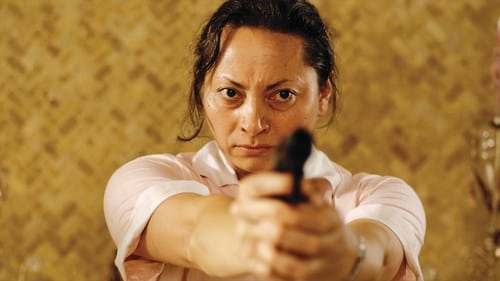
The story of Toña and Paquita, the housekeepers for the aristocratic González-Dubois family. These domestic employees have been mistreated for quite some time and they are tired of their situation. So when the family plans a shopping trip to Miami, the maids have a plan of their own; to take control of the mansion. Unexpectedly, they will also discover a family secret.
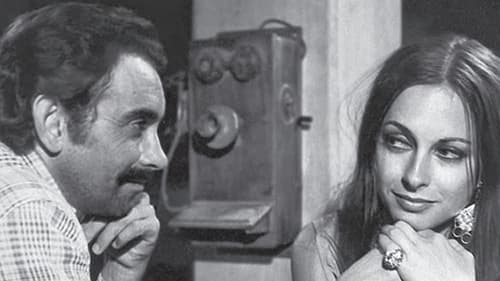
Quando criança, ele foi sequestrado por ciganos que o criaram, sem que ele conhecesse seus pais. Quando jovem, Tonho abandona os ciganos e vai viver sozinho. Acaba cruzando o caminho de uma bela mulher, que perdeu seu irmão, e de um grupo perigoso de criminosos violentos.
















